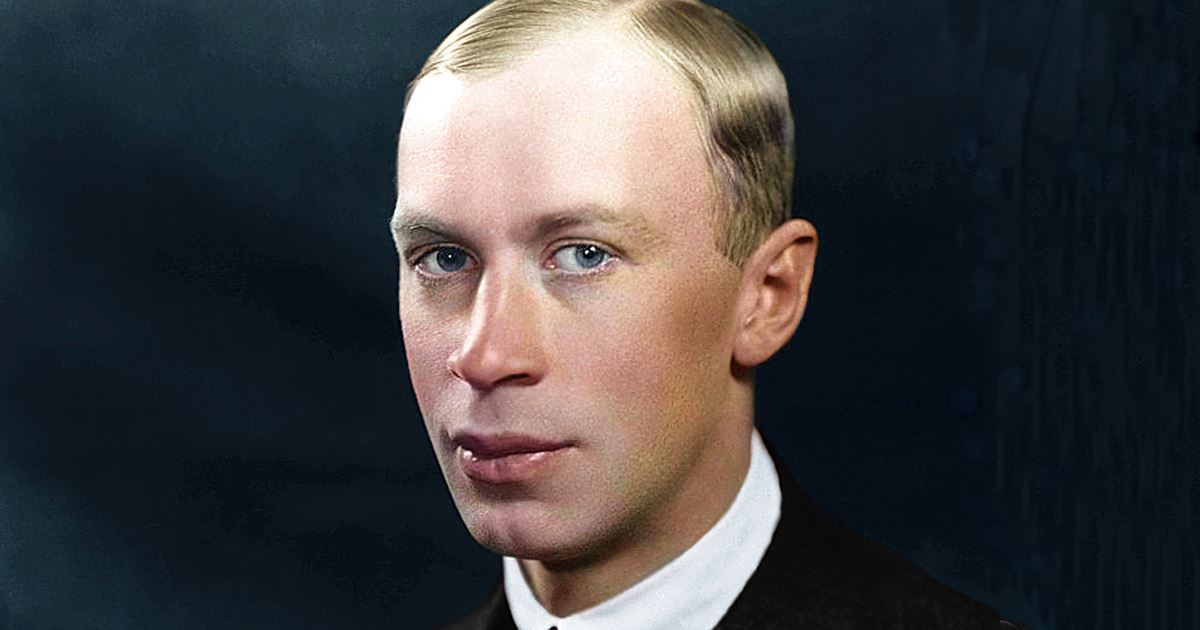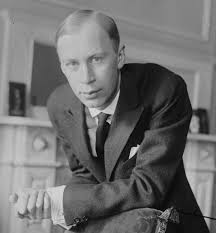Sergei Sergeyevich Prokofiev was a titan of 20th-century classical music, renowned for his innovative compositions that bridged the traditional and the avant-garde. Born on April 23, 1891, in Sontsovka, Ukraine, Prokofiev demonstrated exceptional musical talent from a young age. His mother, an accomplished pianist, nurtured his early musical development, and by the age of five, he began composing his own music.
Prokofiev’s formal musical education began at the St. Petersburg Conservatory, where he studied piano, composition, and conducting. He quickly garnered attention for his prodigious abilities, captivating both audiences and fellow musicians with his daring compositions and virtuosic performances. His early works, such as the First Piano Concerto and the “Classical” Symphony, showcased his distinctive style, characterized by sharp rhythms, dissonant harmonies, and a penchant for experimentation.
In 1918, amidst the turbulence of the Russian Revolution, Prokofiev left his homeland and embarked on an international career that would establish him as one of the preeminent composers of his time. He settled in the United States for several years, where he composed prolifically and collaborated with leading performers and orchestras. During this period, he produced some of his most iconic works, including the ballet “Chout” and the opera “The Love for Three Oranges.”
However, Prokofiev’s longing for his homeland eventually led him to return to the Soviet Union in 1936. His decision to repatriate coincided with a shift in Soviet cultural policy, marked by increased state control over the arts. Despite initially receiving accolades for his contributions to Soviet culture, Prokofiev soon found himself at odds with the authorities, who criticized his music for its perceived formalism and lack of adherence to socialist realism.
Undeterred by the political climate, Prokofiev continued to compose with characteristic creativity and innovation. He tackled diverse genres, from symphonies and concertos to film scores and operas, each marked by his distinctive blend of lyricism and modernist sensibility. His masterpieces from this period include the ballet “Romeo and Juliet,” the “War Sonatas” for piano, and the epic “War and Peace” opera.
Despite facing numerous challenges, including the devastation of World War II and Stalin’s oppressive regime, Prokofiev remained remarkably prolific until his death on March 5, 1953. His legacy endures not only through his vast musical output but also through the enduring popularity of his compositions, which continue to captivate audiences worldwide.


Comments are closed